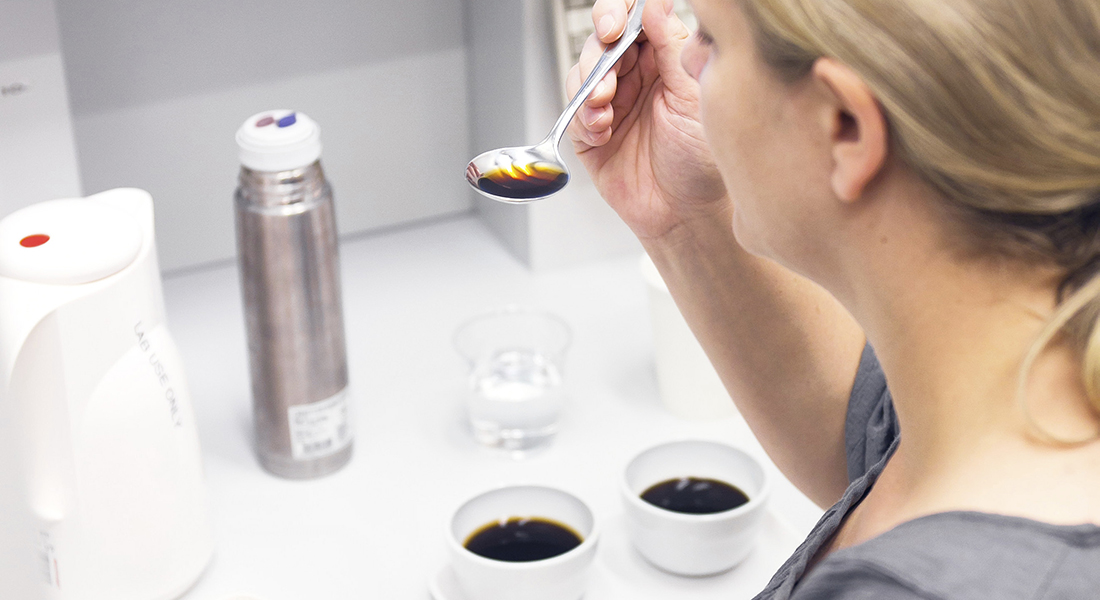Sensory and Consumer Science
We need to understand and develop tools for consumer behavioural change if we are to transition towards more green food choices. This includes digitalization of food situations and understanding consumer food choices especially concerning plant-based foods.

This research area deals with understanding sensory drivers (flavour, texture, and appearance) for food acceptance in relation to new sustainable product development, processing, and shelf life. The aim is to improve the understanding of how people experience quality traits of foods by making use of the senses and how this process influences food preferences and behaviour.
A major challenge of plant-based foods as new food alternatives is to deliver high palatability to consumers. Modulating palatability and taste is therefore a crucial aspect of driving sustainable change.
The related research group Sensory Science and Consumer Behaviour studies the sensory properties of foods and combines analytical sensory panels and advanced instrumental techniques. The research also covers food preferences and aversions in different consumer groups through studies on taste learning, changes in food behaviour, product perception, and product acceptance or rejection.
Related research projects:
Assisting in:
- More taste less waste, Formas, Sweden
- SEAPRO - Novel high-value ingredient based on fermented seaweed disrupting the food and nutraceutical markets
- AQRIFood – Advancing the Quality of plant-based Raw materials and Ingredients for Food applications
- PROLOCAL - Protein from locally grown legumes and algae for organic chickens



